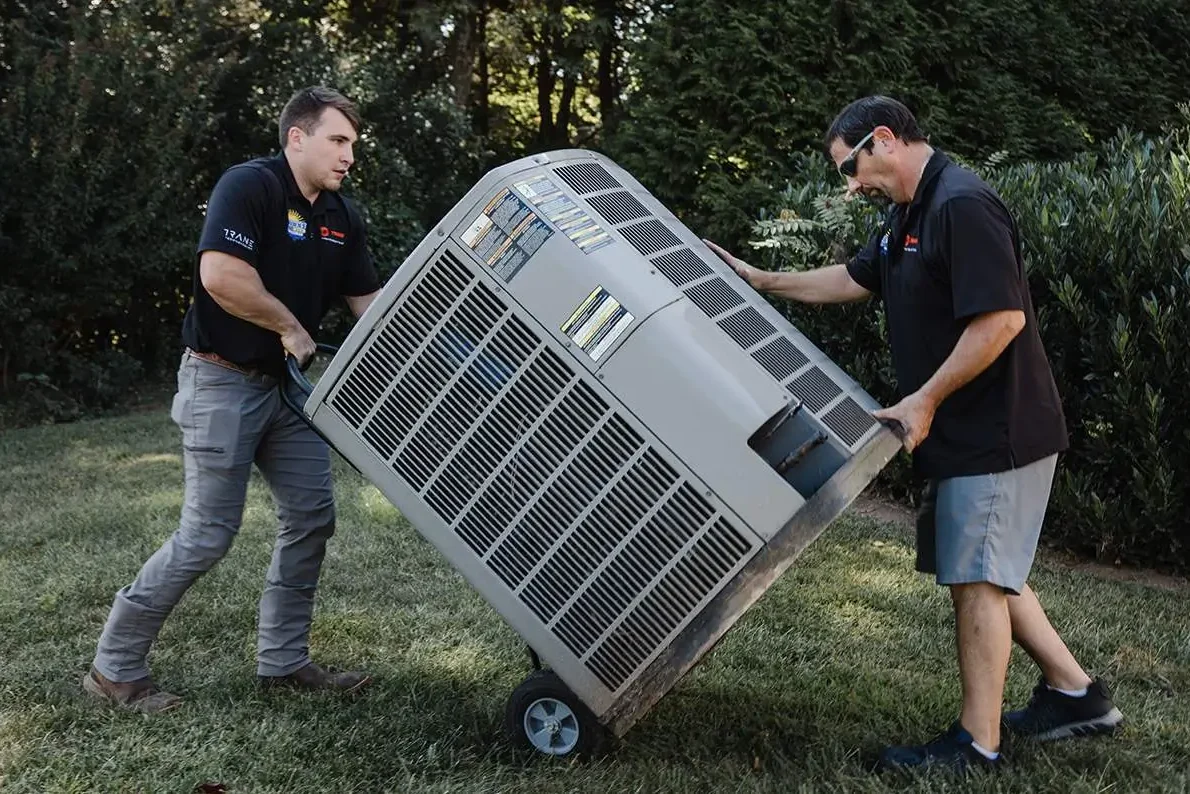HVAC Licensing
Colorado HVAC: How to get certified and licensed in CO
Table of Contents
Download the Checklist!
It’s an exciting time to become an HVAC technician in Colorado. The industry is growing rapidly and your career can benefit from the growth. You can work for HVAC companies or consider starting your own HVAC business.
First, you’ll need to learn what it takes to earn your Colorado HVAC license. In this guide, you’ll learn about the requirements.
Do you need a license in Colorado to become an HVAC technician?
HVAC work isn’t regulated at the state level, so there is no formal Colorado HVAC license. However, licensing requirements do exist at the city and county level.
What are the different types of HVAC licenses?
Although the state of Colorado does not require HVAC professionals to be licensed, there are several optional licenses and certifications that can improve your job prospects and potential pay.
City and County Licenses
We recommend checking with the city or county government of the places where you’ll be working to determine if you need a license for HVAC repair and installation.
For example, if you plan to work in Colorado Springs or the general Pikes Peak area, you’ll need an HVAC tech or contractor license issued by the Pikes Peak Regional Building Department to perform work, while Denver HVAC professionals will require licensing from the Denver Community Planning and Development (which issues 4 different types of HVAC licenses).
That being said, there’s an overlap among the HVAC, electrical, and plumbing fields, and in the course of HVAC jobs, you may need to work on gas or water lines, or with electric motors or wiring, so holding a Colorado electrician or plumbers license can help broaden the type of work you’re able to perform.
EPA Section 608 Certification
To work with refrigerants, you must also have EPA certification. The Environmental Protection Agency issues Section 608 Technician Certifications, which don’t expire and are transferable from one state to another. This certification allows a home service professional to work on HVAC systems and handle refrigerants.
The certifications are either Type I, Type II, or Type III and cover everything from small window air conditioners to high and low-pressure systems to leak detection. There’s also a universal certification that lets you work on all types of equipment.
NATE Certification
The North American Technician Excellence organization issues different HVAC certifications; being NATE-Certified means that you’ve demonstrated exceptional technical skill and knowledge in different areas of heating, cooling, and ventilation technology.
Benefits of getting an HVAC license
The biggest advantage of being licensed is the opportunity to secure more work. Increasingly, customers only want to hire those who are duly bonded, insured, and licensed. A license shows customers you understand how to perform the work properly. So, licenses and certifications give you a competitive edge in the field.
Average HVAC Salaries in Colorado
As an hourly HVAC technician or mechanic, you’ll likely make close to the state average of $32.36 per hour, although you could make as little as $21.39 or as much as $48.66 per hour. Where you live may affect your pay, as will your education and experience. If your employer offers overtime or a pay differential for working nights and weekends, then you could make a higher hourly rate than the norm.
As an HVAC manager or field supervisor, you may be paid a salary. The average annual salary for an HVAC supervisor in Colorado is $95,220, although the range is from $57,268 to $157,335. Some things that affect an annual salary include where you live, how long you’ve been in the business, and which licenses and certifications you hold. You may earn a higher salary if you own your own HVAC business. Or, if your employer offers bonuses, you may have the opportunity to make more.
How much does it cost to get an HVAC license in Colorado?
There is no HVAC license for the state of Colorado. However, fees for other licenses and certifications you may opt for are:
- EPA Certification: $20 to $150, depending on the type of certification you get
- NATE Certifications: Start at $25 for the Ready to Work Certification
How to get an HVAC license in Colorado
First, you’ll want to get an apprenticeship working under the supervision of a licensed HVAC contractor. Apprenticeships allow you to learn while also getting paid. A local union or trade association usually sponsors them. For example, there’s a five-year HVAC apprenticeship available through Local 58 of the Plumbers & Pipefitters and the HVAC Service Journeyman Union in Colorado Springs. To be eligible, you must have an interest in HVAC, be at least 18 years old, have a high school diploma or GED, have a valid driver’s license, and be physically able to work in the trade.
Formal schooling is another path into the HVAC profession. The Emily Griffith Technical College in Denver offers an eight-month program teaching installation, repair, and troubleshooting of light commercial and residential air conditioning, heating, and refrigeration. Estimated total cost for the program is around $9,000. Upon completion of IntelliTec College’s 18-month program, you can graduate with an associate’s degree; EPA training and preparation for certification testing is included.
Online learning also is possible through programs, such as the Air Conditioning Contractors of America. Its Residential HVAC Online Certificate Program lets you work at your own pace for a $495 fee. Financial aid is available to help pay for schooling. For example, Women in HVACR offers a scholarship to females looking to enter school in the HVAC field. Scholarships of up to $2,000 are available from the Clifford H. “Ted” Rees, Jr. Scholarship Foundation for students enrolled in HVAC study.

Other industry licenses

Other industry licenses
LEARN FROM THE PROS
Helpful content for the trades
Explore our collection of helpful articles written by top experts in their field to seasoned pros in the field. Strengthen your field service knowledge and stay current on the latest industry topics and trends.